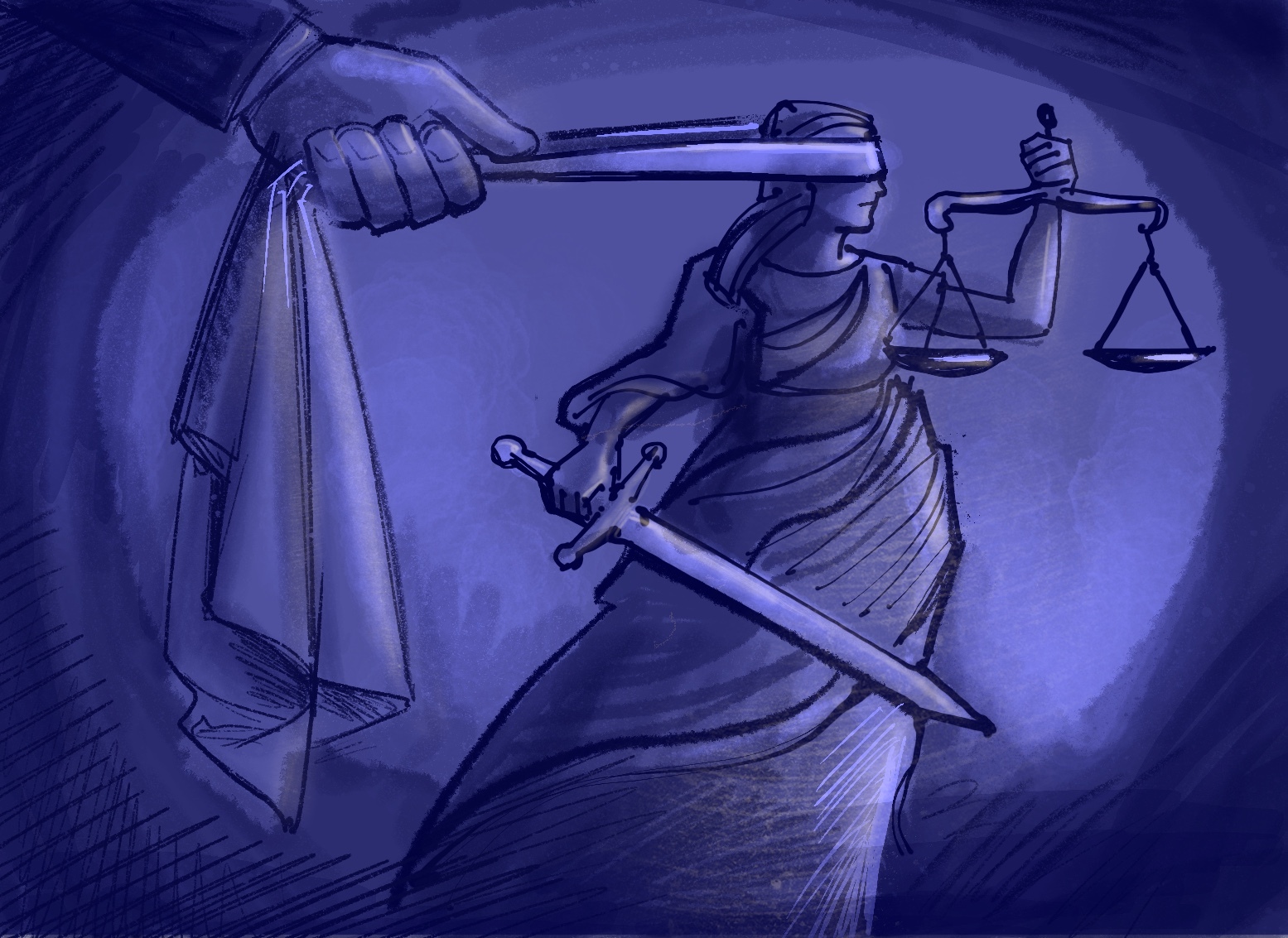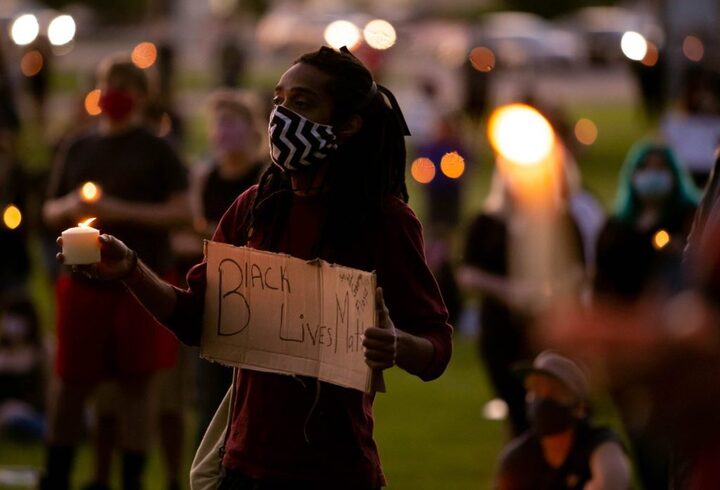Court Ruling Puts Names Back In Court
This is excerpted from an article published in the St. Louis Law Journal. Sableman first called attention to the broad redaction law when it was enacted in 2023. GJR played a lead role in bringing it to wider attention, leading to a court decision striking down provisions as unconstitutional. To implement the recent court decision…

